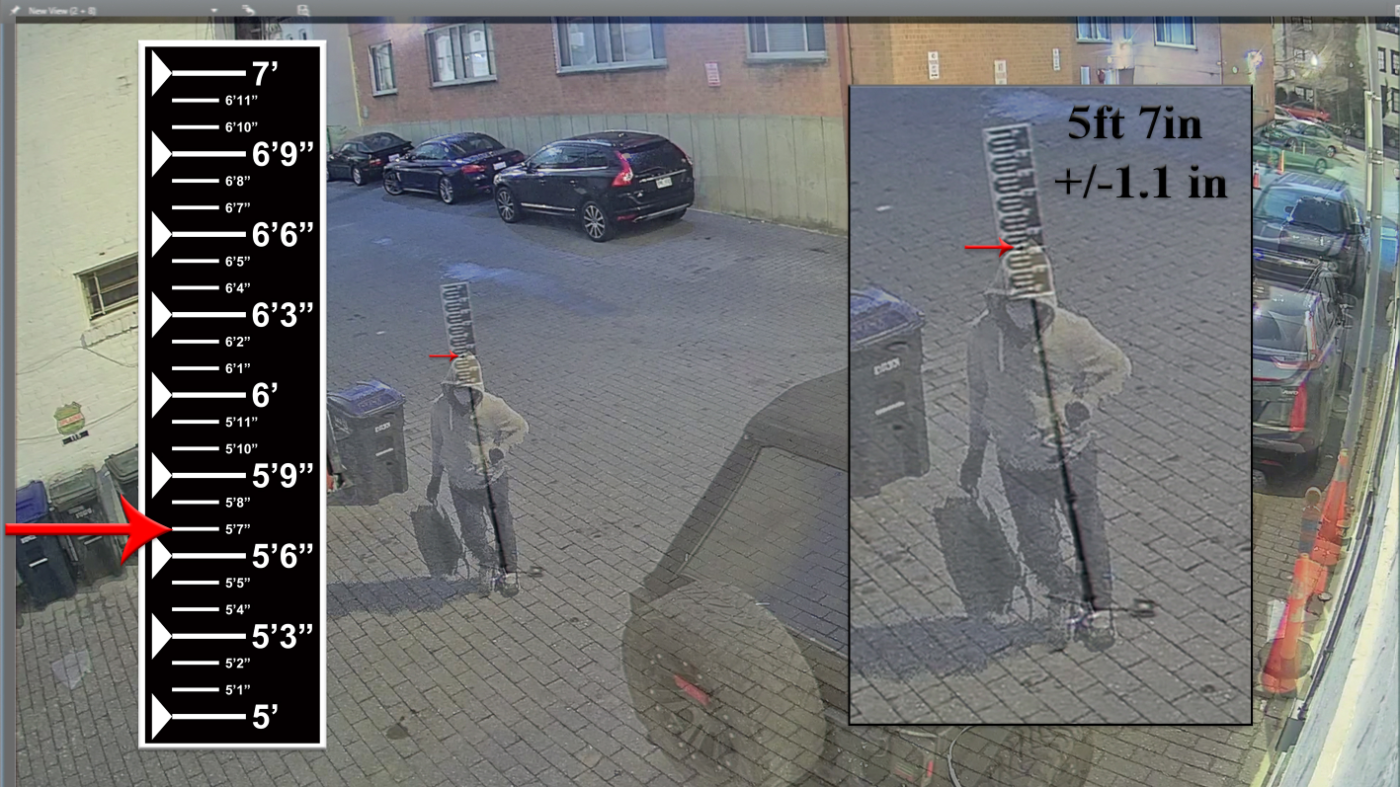In the end, the return to net neutrality didn’t last long. Today, the Sixth Circuit Court of Appeals struck down a rule introduced by the Biden administration that prevented internet service providers from prioritizing some apps and websites over others. This is the culmination of a decades-long fight for a fairer internet, and a harbinger of other consumer protections to come in the years to come.
It’s easy to get lost in the technicalities of net neutrality, but the basic idea that the Federal Communications Commission wanted was to allow broadband providers to engage in bandwidth discrimination to increase speeds for certain customers or certain sites. It was the authority to prevent the deterioration. These protections existed under the Obama administration, but were removed shortly after Donald Trump took office in 2017. The short-term impact will probably not be felt much. We’re pretty much back to the status quo, and it’s unlikely that Spectrum will try to slow down YouTube anytime soon in order to get users to watch its cable news channel. But that’s why the circumstances that led the Sixth Circuit to its decision may be even more disturbing than the decision itself.
A frequently cited three-judge panel Roper Bright Enterprises v. Raimondoa recent Supreme Court decision overturning a legal principle known as Chevron deference. under chevronWhere the provisions of the relevant law were unclear, courts were required to defer to regulatory authorities in determining how the relevant law should be interpreted. Currently, courts are free to make their own decisions. And the Sixth Circuit did just that.
“Unlike previous challenges the D.C. Circuit considered under Chevron, we no longer have the luxury of deference to the FCC’s interpretation of the statute,” the decision reads. “Rather, our task is to determine in the first instance the “best interpretation of the statute.”
In other words, the court replaced the FCC’s subject matter expertise with its own.
Evan Greer, director of the digital rights nonprofit Fight for the Future, said: “Giant corporations are doing industry-friendly favors to override some of the most popular consumer protection rules in history. “The day we can forum shop for the best judges is a sad day for democracy.” “The court cited: roper bright This is a worrying harbinger of a ruling in favor of the industry. ”
It’s not just an issue affecting the broadband industry. The Sixth Circuit ruled today that the court will use Chevron’s deference end to shape all kinds of policy, from technology to the environment to health care to almost every field dominated by legislative ambiguity. showed that it is possible.
Chevron critics argue that Congress often delegates the job of interpreting policy to unelected bureaucrats working in federal agencies, said John Bergmeyer, legal director for the consumer advocacy nonprofit Public Knowledge. He argued that it was too much. “Now we have an alternative: The first panel of judges to hear the matter can decide national policy.”
Bergmeyer says there is at least one way out of this power imbalance: Congress could pass legislation explicitly stating that government agencies have the power to interpret the law. But that seems unlikely in a Republican-led Congress that is wary of, or openly hostile to, the administrative state.





